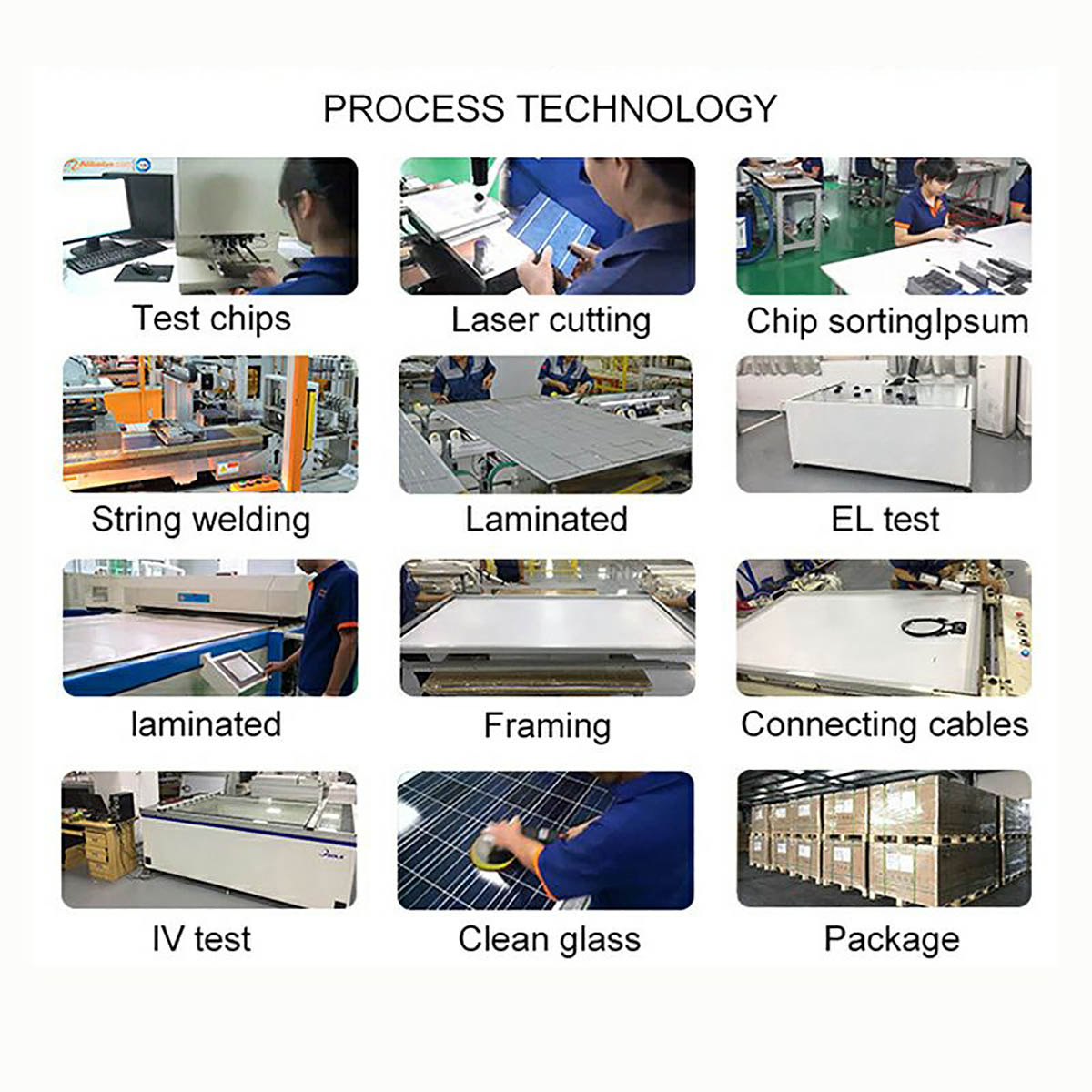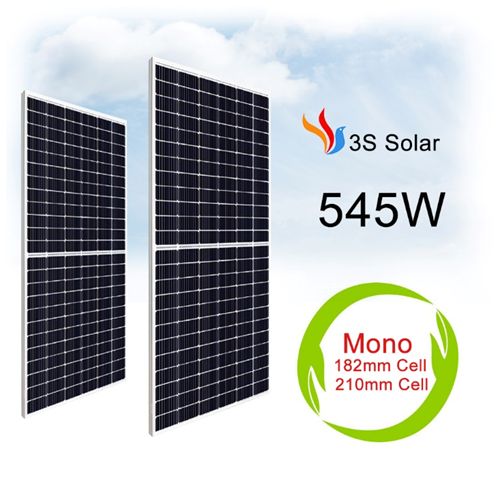Monocrystalline 545W Solar Panels
Short Description:
Technical Data
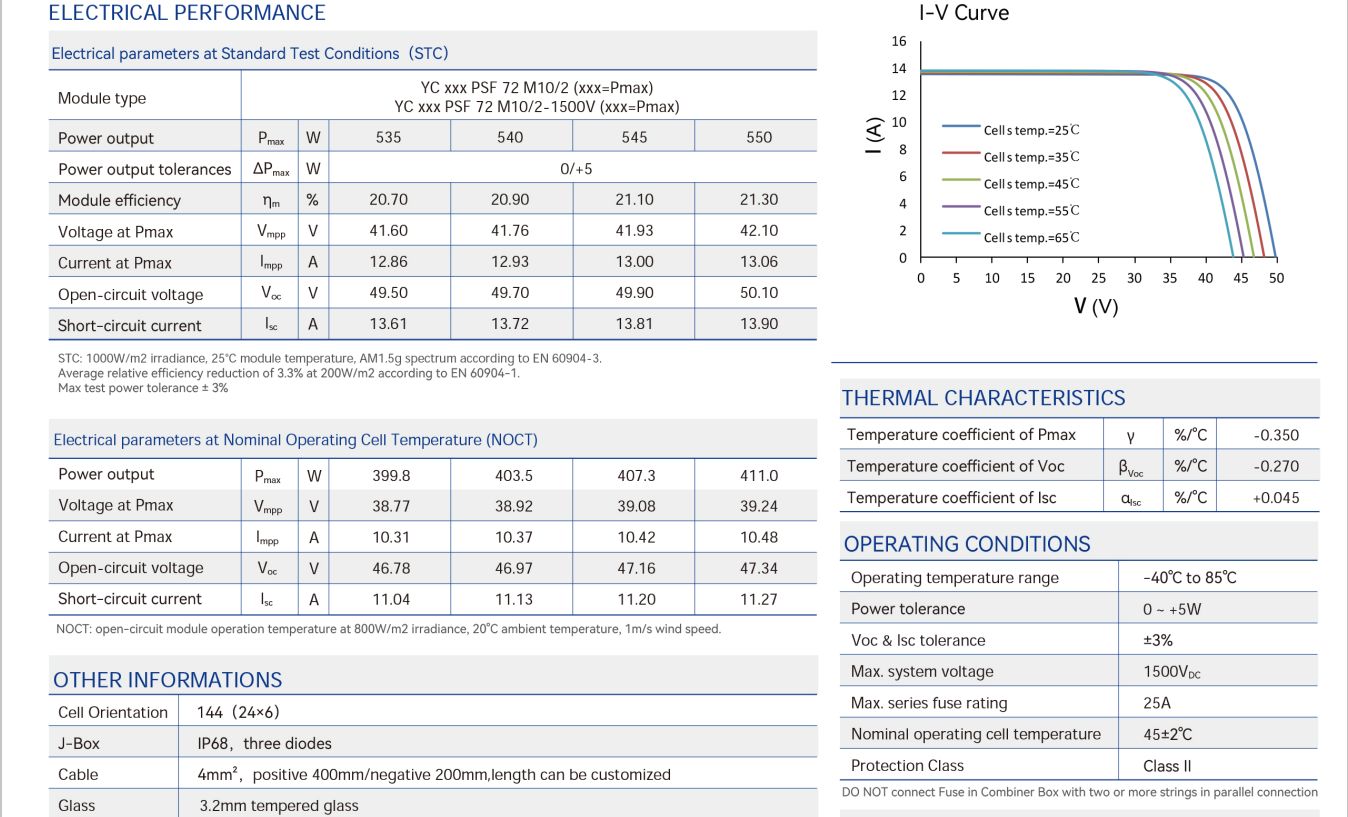
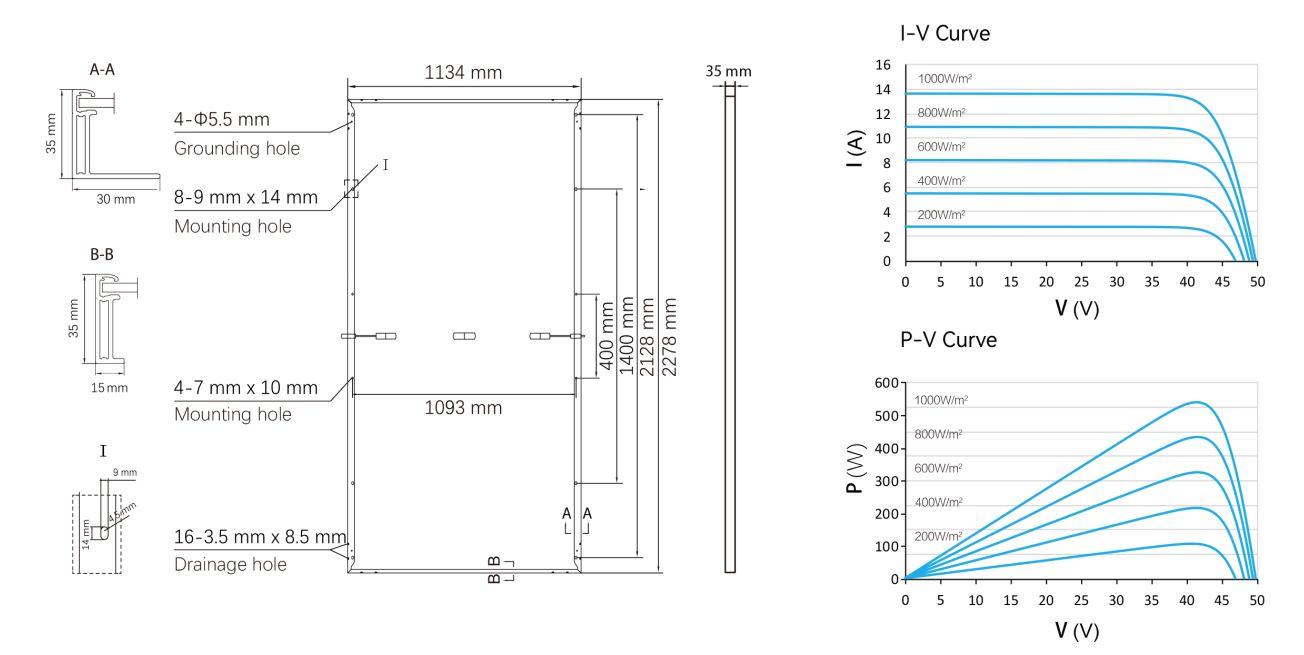
Max power: 550W
J-box: IP68,3diodes
Cable: 4mm2 positive 400mm/negative 200mm length can be customized.
Glass: 3.2mm tempered glass
Frame: Anodized alumimum alloy
Weight: 26.9kgs
Dimension: 2278*1134*35mm
Packing:31 modules per pallet/20 pallet per 40HQ container.
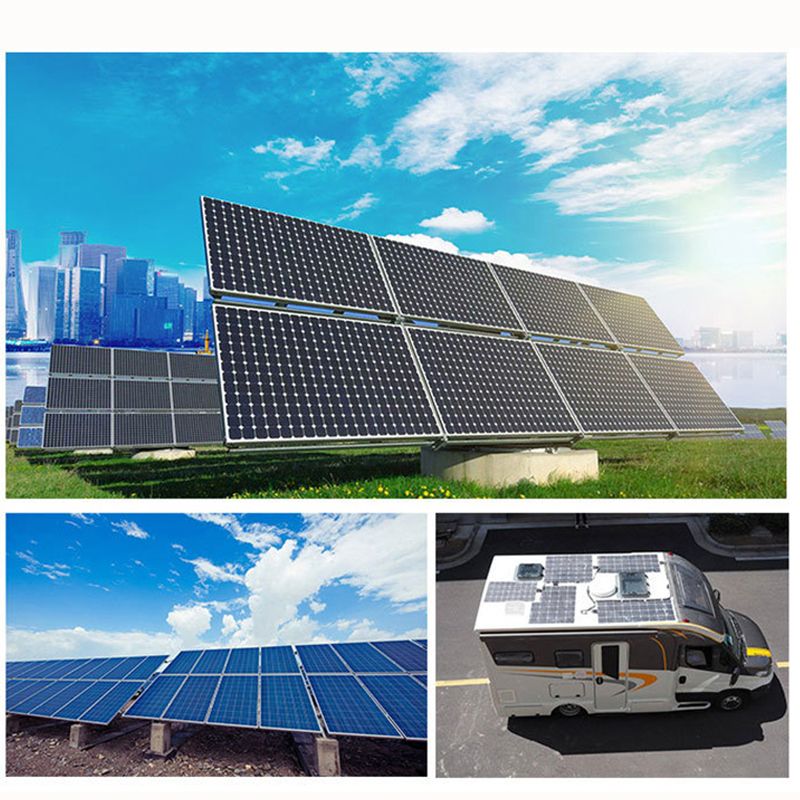
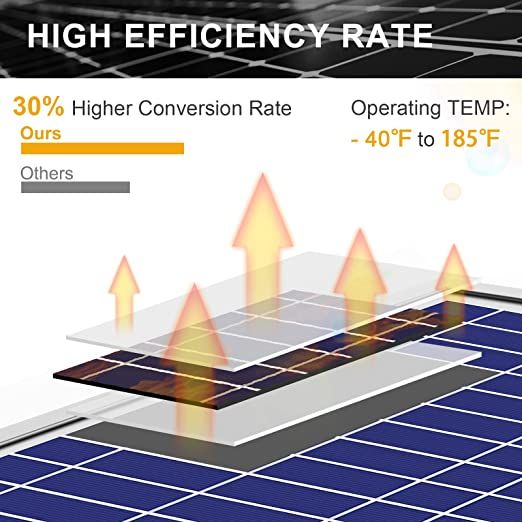
You can’t talk about solar panels without talking about silicon. Silicon is a non-metallic element and the second-most abundant material on earth.4 It can also convert sunlight into electricity, and it’s a key component in a solar system (also known as a photovoltaic, or PV system).5
Solar panels, solar cells, or PV cells, are made by slicing crystalline silicon (also known as wafers) that are millimeters thin. These wafers are sandwiched between protective glass, insulation, and a protective back sheet, which make a solar panel. The back sheet helps to regulate the temperature and humidity to optimize the solar panel’s efficiency.6 Multiple solar panels connected together create a solar array, and ultimately, a solar system.
Then there’s the physics of how solar cells work: Electricity is made when electrons move between atoms. The top and bottom of a silicon wafer in the solar cell are treated with small amounts of atoms of extra materials—such as boron, gallium, or phosphorus—so that the top layer has more electrons and the bottom layer has less. When the sun activates the electrons in these oppositely charged layers, the electrons move through a circuit attached to the panels. This flow of electrons through the circuit is what generates the electrical current that ultimately powers a home.7

What Are The Different Types Of Solar Panels?
1. Monocrystalline solar panels:
Monocrystalline solar panels have the highest efficiency and power capacity out of all other types of solar panels. Another reason why people choose them is because of how they look. The solar cells within monocrystalline panels are square-shaped and have a single, flat black color, making them the most popular type of solar panels among homeowners.8 Sunrun uses monocrystalline PV modules in all its home solar systems.
2. Polycrystalline solar panels:
The manufacturing process of polycrystalline solar panels is less costly than monocrystalline panels, but it also makes them less efficient. Usually, polycrystalline solar panels don’t have the corners cut off of them, so you won’t see the large white spaces on the front of the panel that you see on monocrystalline panels.8
3. Thin-film solar panels:
Thin-film solar panels are less costly and easier to install than their counterparts. Still, they aren’t the best option for a home solar installation due to their efficiency, lightweight material, and durability.8
